Artificial intelligence for dummies
How AI affects the creative industry discussed at KazanForum Realnoe Vremya about what else could be discussed
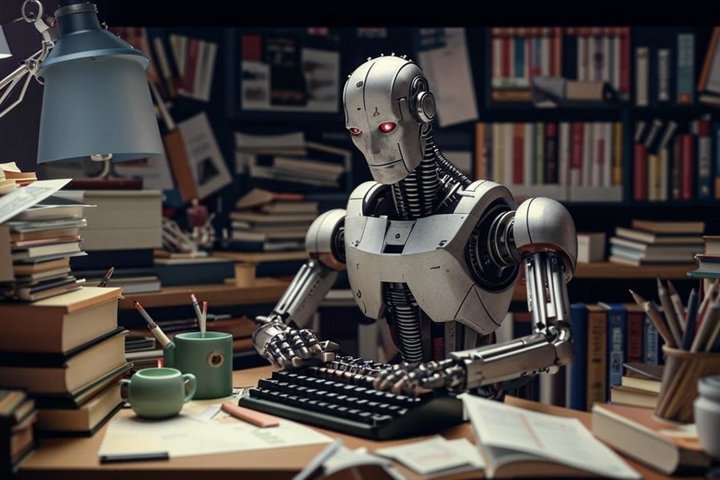
Before the advent of the ChatGPT neural network language model, representatives of creative professions had the opinion that they certainly would not be replaced by machines. But now it's their (our) turn. Many took this technology with hostility, while others tried to tame it. With different success and different results. But it is obvious that the impact of artificial intelligence (AI) on the creative industry is high. They intended to discuss exactly how people's creativity has changed with the advent of AI and what challenges the industry faces at KazanForum. But it turned out to be a discussion from the series “AI for dummies”.
You are here
In 2013, Spike Jonze's fantastic melodrama She was released. The main roles were played by Joaquin Phoenix and Scarlett Johansson. This is the story of a love relationship between a person and an advanced operating system. Then this movie looked fantastically sweet and painfully sad. Today, She can scare. Because humanity is at the point where the next round of technology development will give us an operating system, like in the film. Artificial intelligence will become a friend who will support you. An interlocutor with whom it is always interesting and who shares our tastes. And even, as in the film, a partner in virtual sex.
By the way, the filmmakers are sometimes called prophets. As well as many science fiction writers describing the worlds of the future with wireless connectivity and the Internet of Things. But what the creators of the film She missed was the replacement of human creativity with artificial intelligence. In the film, Joaquin Phoenix's character works as a copywriter who comes up with personal signatures for greeting cards. Even in a science fiction film ten years ago, it was hard to imagine that a machine could do this job. Now this is a reality that almost no one doubts anymore.
Transformers, not Terminator
For some reason, KazanForum decided to discuss what was relevant a year and a half ago, when the first version of ChatGPT was launched. It was then that the question arose: will neural networks based on artificial intelligence be able to replace people of creative professions. After a lot of discussions and testing of the new technology, they came to a fairly simple conclusion. If you do routine tasks, then yes, AI is going to take your job. If a person creates something new, then neural networks will become an excellent tool.
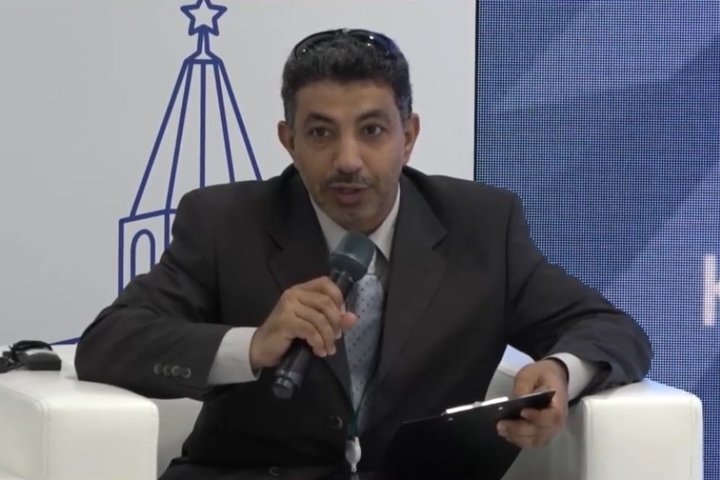
The same basic truths were repeated at KazanForum by the speakers of the discussion, who represented Russia, Iran, Oman and Pakistan. “AI improves human creativity, but it does not replace it. It also provides new tools that contain many new features. We should use AI to improve the creative industry," said Salim Al-Shuaili, Director of Artificial Intelligence and Advanced Technologies at Oman's Ministry of Transport, Communications and Information Technology.
“If we introduce AI into our work, then we need to consider it not as a monster from the Terminator film, but as a machine from the Transformers film. For me, AI is a companion that can show my thoughts in a visual way," Mywater Middle East CEO Ammar Jangbarwala from Pakistan agreed.
Donald Trump surrounded by police, the Pope in a fashionable down jacket, and Chinese news clips
Pavel Peregudov, CEO of Studio Prospect video production and founder of AI startups, was also present at the discussion. Besides, he established the MyFilm48 generative film competition, which presents collaborative human work with artificial intelligence. Peregudov demonstrated a cut of the most impressive videos submitted for the competition. Yes, it's really beautiful. And, as many speakers of the discussion noted, it is much cheaper to create such a thing than if all the special effects were drawn by a person.
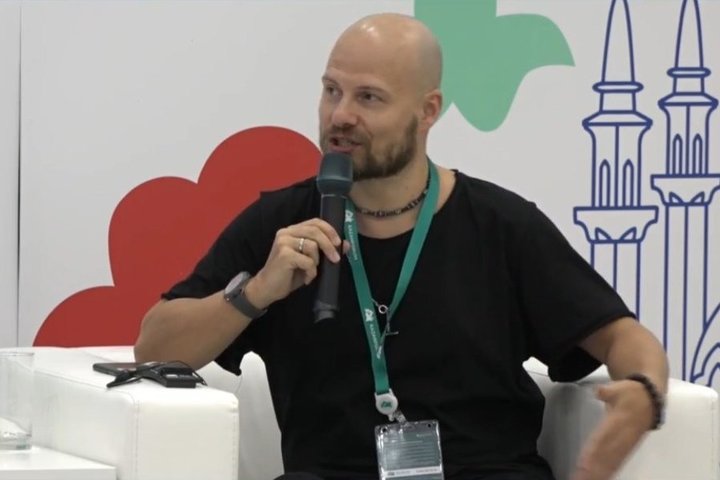
Pavel Peregudov also noted that “in two years, 50% of the content will be generative. And in most cases, we won't even notice it.” He's probably right. Because unlike photography, which captures reality, an image created by a neural network “creates reality”. Here you can recall the story about pictures of Donald Trump wandering around the Internet surrounded by police. This image appeared after the news of the criminal case. And pictures come to mind that depicted the Pope in a voluminous down jacket. Then Francis became the hero of various memes.

People laughed and forgot. Although many people believed in the story with Trump. The image turned out to be too realistic. Given the speed with which information is now disseminated, which few people check for authenticity, public organisations and politicians are puzzled by the issue of ethics. And, as usual, they expressed their concern.
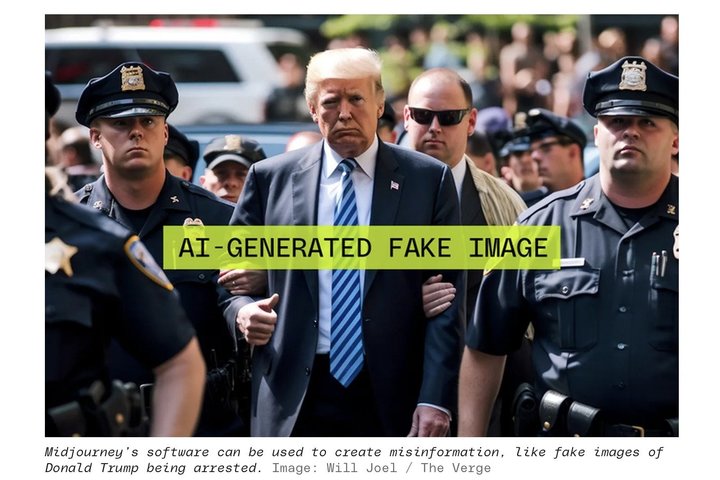
While some are expressing concern, others are churning out content. A more creepy version of the visual fakes was presented by Chinese propagandists, who created news clips with the help of artificial intelligence, spreading before the elections in Taiwan. It's hard not to remember the hackneyed phrase that a scalpel in the hands of a surgeon can save a person's life, but in the hands of a murderer — take it. So it is with AI: some draw cats and pink ponies in Midjourney (mostly ordinary users), others use artificial intelligence for information wars. By the way, not only in China. This is just the latest widely known case. This is common in many countries.
It will not be possible to regulate everything
Governments of different countries (not only Russia) began to discuss the idea of labelling content created by AI so as some evil person from an unfriendly country didn't launch a fake video generated by AI into the information field of citizens and good citizens sincerely did not believe in it. This topic was also raised during discussions at KazanForum. However, they did it in passing. Although Salim Al-Shuaili noted that this is not the most effective measure. He said that such legislation would apply to individual countries, not to the world as a whole. And here the initiative from AI developers is more important. That is, Mr. Salim suggests that if IT giants themselves put a watermark on the content produced by their neural network, then it may work.
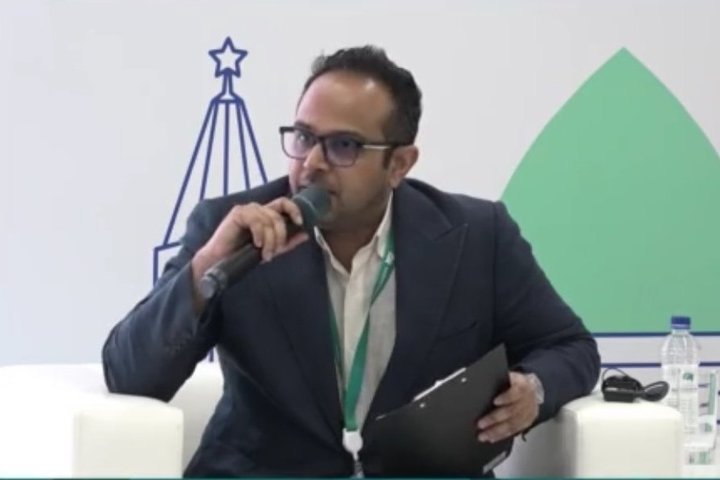
At the same time, Shenasa VC international communications expert Reza Gavimpour from Iran believes that this will not help either, since there are now a huge number of applications that remove watermarks. It turns out to be some kind of hopeless situation.
Nevertheless, there is progress in this matter. For example, Google, Open AI and Meta (banned and recognised extremist organization in the Russian Federation) agreed with the US government that they will demonstrate AI products to the authorities before the official release. In fact, they coordinate their release with the authorities. Is it good or bad? It is not clear yet. It is also unclear how transparently and in detail developers provide their product for evaluation. For example, one of the former employees of Open AI said that developers put product excellence above ethics.
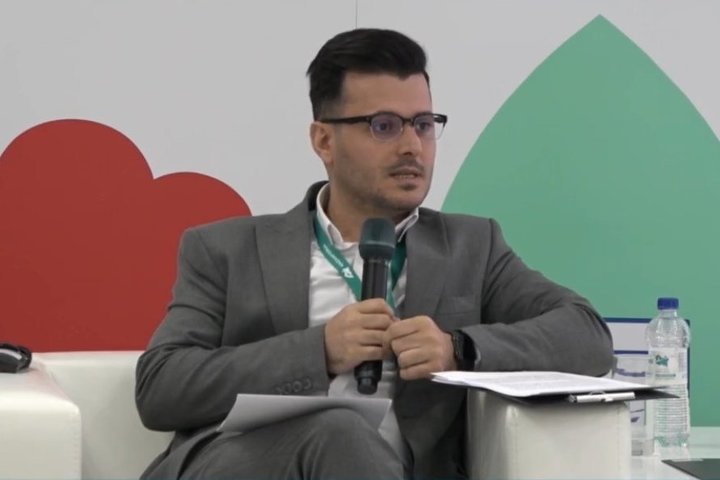
Perhaps, this is the main reason why governments of different countries want to regulate activities related to the work of generative artificial intelligence. Again, they discussed it at KazanForum in general terms, without specifics. But Salim Al-Shuaili expressed doubts that it is possible to regulate AI in principle.
“We can regulate what we have now. But technology evolve, and we don't know what will need to be regulated tomorrow. AI is changing very quickly and is constantly being updated. What we see today will be very different from what we will see tomorrow. How can this be regulated? On a daily basis? It will be difficult," Mr. Salim said.
It seems that a new wonderful world awaits us, which will approach the reality from the film “She”. By the way, it was this film that the CEO of Open AI referred to when he has recently introduced a new virtual assistant.